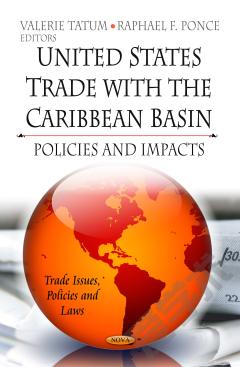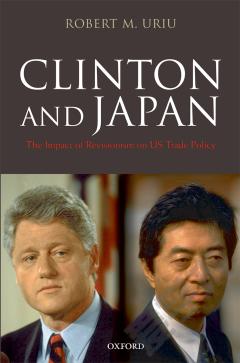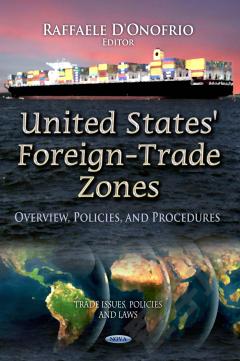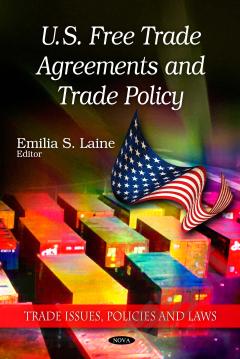U.S. Trade with the Caribbean Basin: Policies and Impacts
The United States has a long history of employing various types of trade incentives to encourage specific trade activities. Motivated by commercial, political, and security interests at times, the U.S. Congress has created multiple unilateral trade preference programs that promote developing-country exports, but are often structured so as to limit the negative economic effects on U.S. producers and workers. Over time, bilateral, regional, and multilateral trade agreements have come to eclipse the importance of many preference arrangements, a trend that a review of these developments will show has been particularly visible in the Caribbean Basin. This book reviews unilateral preference programs for the Caribbean, and discusses how they have been affected by free trade agreements (FTAs) in the region.
{{comment.content}}








 京公网安备 11010802027623号
京公网安备 11010802027623号